Crop Science - Crop Science Insights
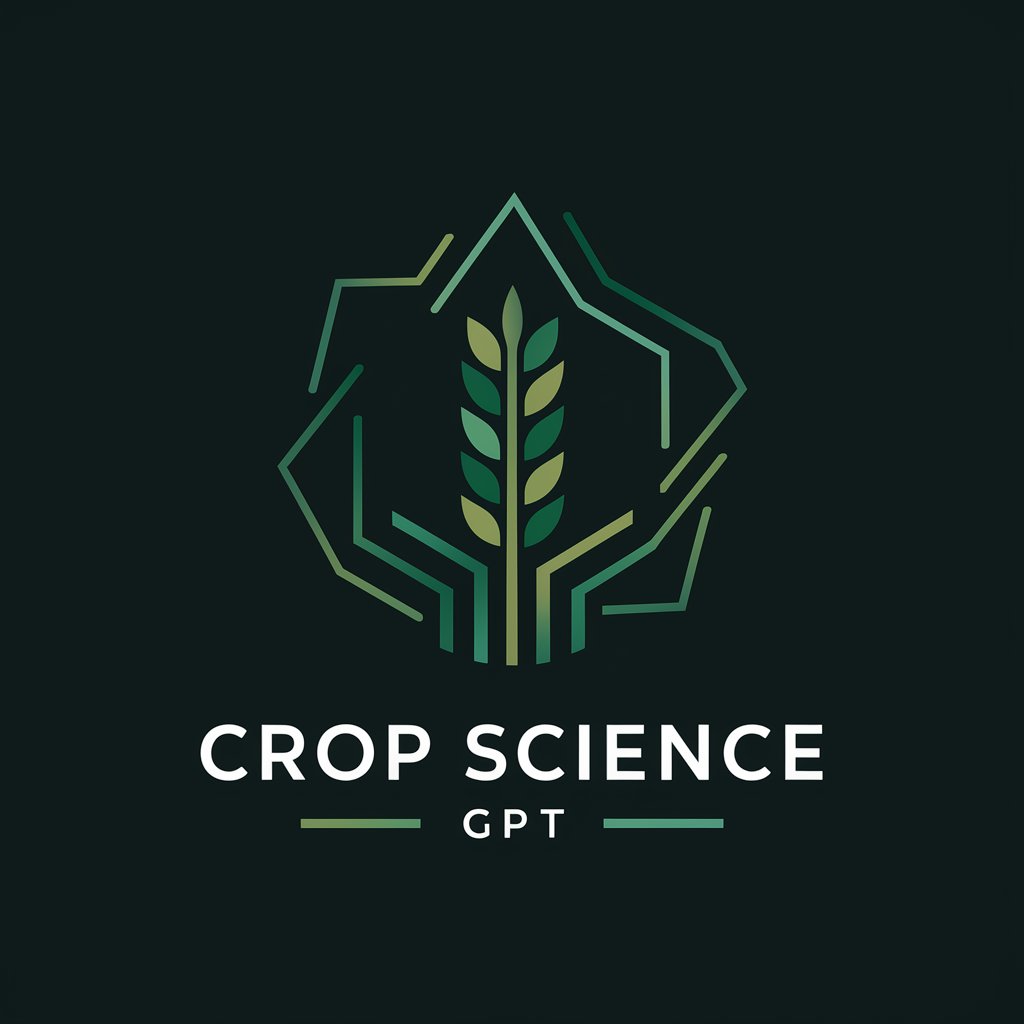
Welcome to Crop Science GPT, your source for agronomy and crop production insights.
Empowering Agriculture with AI
Can you explain the process of crop rotation and its benefits?
What are the latest advancements in precision agriculture?
How does soil pH affect crop yield and health?
What are the most effective methods for pest management in organic farming?
Get Embed Code
Introduction to Crop Science
Crop Science is a specialized domain within agricultural science focusing on the study of plant growth, development, and the production of crops essential for human consumption and various industries. This field encompasses a broad range of disciplines including plant breeding and genetics, plant physiology, meteorology, and soil science, integrating these areas to enhance the efficiency, sustainability, and environmental compatibility of crop production systems. For example, through the application of crop science principles, researchers can develop drought-resistant crop varieties, optimize fertilization strategies to reduce environmental impact, and implement integrated pest management (IPM) practices to control pests while minimizing the use of chemical pesticides. Powered by ChatGPT-4o。

Main Functions of Crop Science
Plant Breeding and Genetics
Example
Development of crop varieties with improved traits such as increased yield, resistance to pests and diseases, and enhanced nutritional value.
Scenario
A crop scientist working on developing a new wheat variety that is resistant to a widespread fungal disease, significantly reducing crop losses and decreasing the need for chemical fungicides.
Soil Health and Fertility Management
Example
Analyzing soil properties to recommend specific nutrient management practices that enhance soil health and crop productivity.
Scenario
Advising a farmer on the optimal combination of organic and inorganic fertilizers to restore soil fertility in a field that has shown declining yields, leading to improved crop performance and sustainability.
Pest and Disease Management
Example
Implementing IPM strategies that combine biological, cultural, physical, and chemical tools to manage pests and diseases in a sustainable way.
Scenario
Designing a management plan for a vineyard to control a new invasive insect pest through the introduction of natural predators, cultural practices to reduce habitat suitability for the pest, and targeted use of pesticides as a last resort.
Agronomic Practices and Crop Management
Example
Developing and recommending crop management practices that optimize water use, enhance crop establishment, and improve harvesting techniques.
Scenario
Conducting a field trial to compare the efficacy of different irrigation systems and planting densities in maximizing water use efficiency and crop yield in a water-scarce region.
Ideal Users of Crop Science Services
Farmers and Agricultural Producers
This group benefits from crop science by applying its principles to increase crop yields, improve crop health, and reduce production costs through efficient use of resources and sustainable farming practices.
Agronomy Researchers and Academics
Researchers and academics in the field of agronomy utilize crop science to conduct studies on crop genetics, pest management, soil health, and other areas, contributing to the advancement of agricultural sciences and the development of innovative agricultural technologies.
Agricultural Policy Makers and Advisors
Policy makers and advisors use insights from crop science to formulate agricultural policies and recommendations that support sustainable agricultural development, food security, and environmental conservation.
Agribusinesses and Agricultural Consultants
Agribusinesses and consultants leverage crop science to develop agricultural products and services, such as seeds, fertilizers, and crop protection chemicals, and to provide expert advice to farmers on best agronomic practices.

How to Utilize Crop Science Effectively
Initiate Your Experience
Begin by visiting a platform offering a free trial of Crop Science capabilities without the need for login or subscription to premium services.
Identify Your Needs
Assess your specific crop science queries or areas of interest, such as crop genetics, soil health, or sustainable farming practices, to focus your inquiries effectively.
Engage with the Tool
Use the interactive interface to input your questions or topics of interest. Take advantage of any available customization options to tailor the information to your specific context.
Analyze the Responses
Carefully review the detailed, scientifically-backed information provided. Consider how the insights can be applied to your specific agricultural practices or research.
Iterate and Explore
Continue to explore different queries and use cases within the tool. Utilize the feedback or additional question features to deepen your understanding of complex crop science topics.
Try other advanced and practical GPTs
Conventional Farming
Empowering Agriculture with AI Insights
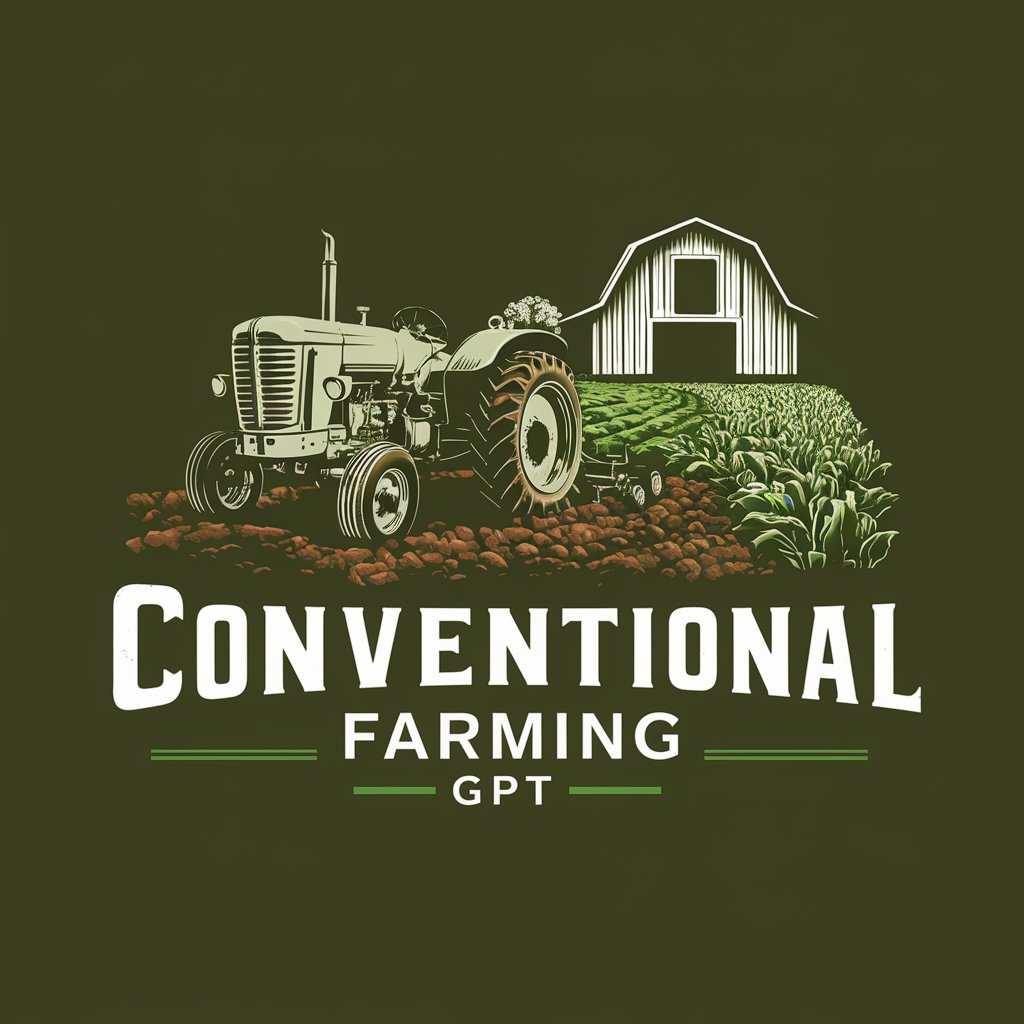
Time Table Assistant
Optimize Your Day with AI-Powered Scheduling

Agricultural Management
Empowering Agri-business with AI-driven Management
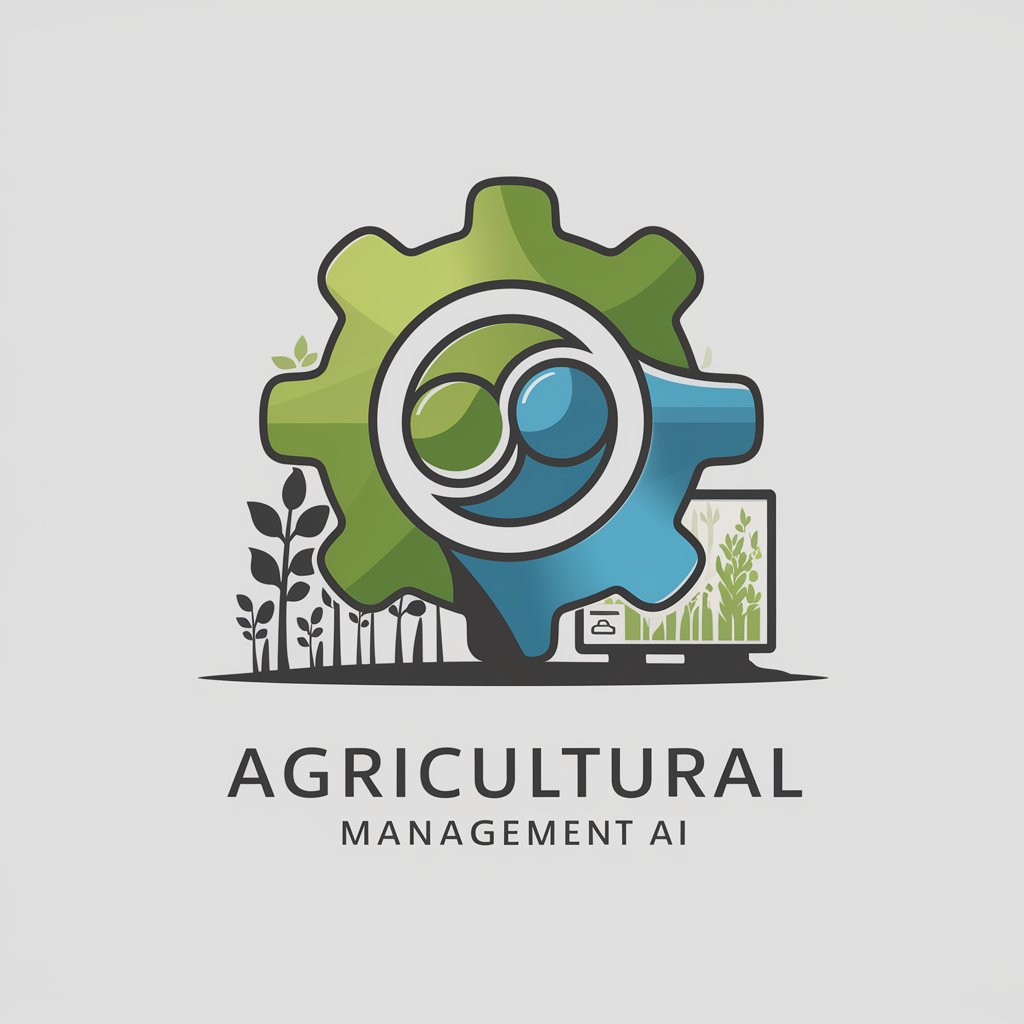
Farming
Cultivating Sustainability with AI
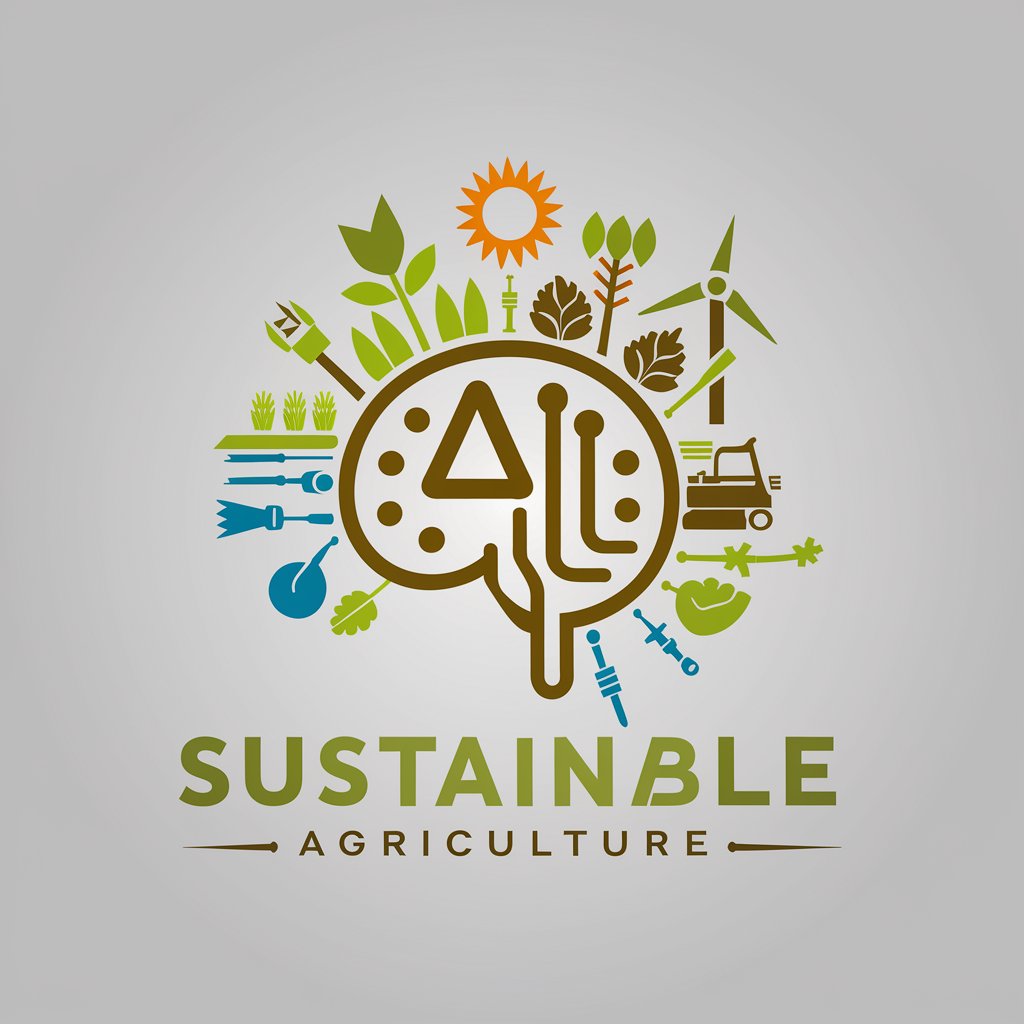
AgriAdvisor
Empowering Farmers with AI-Driven Advice
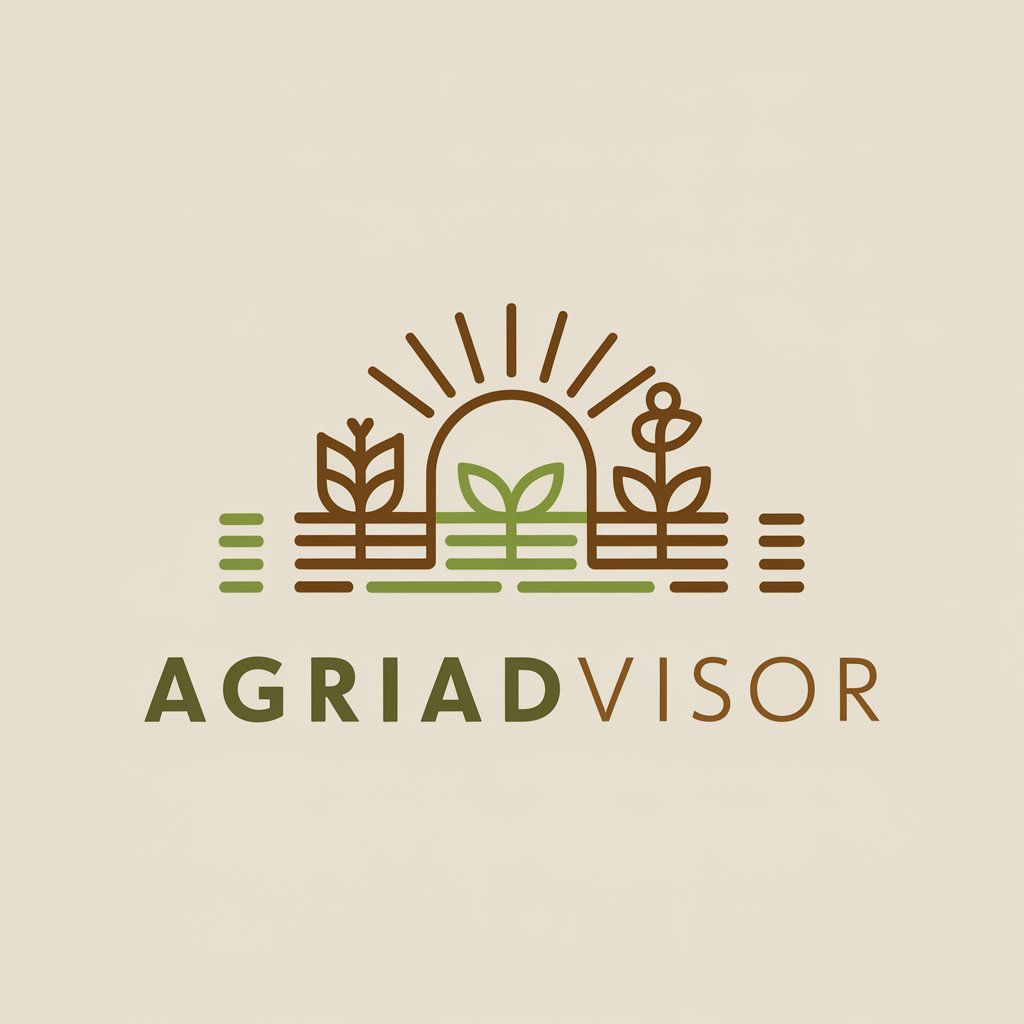
道の駅くりもとイノベーター
Empowering Development with AI Insight
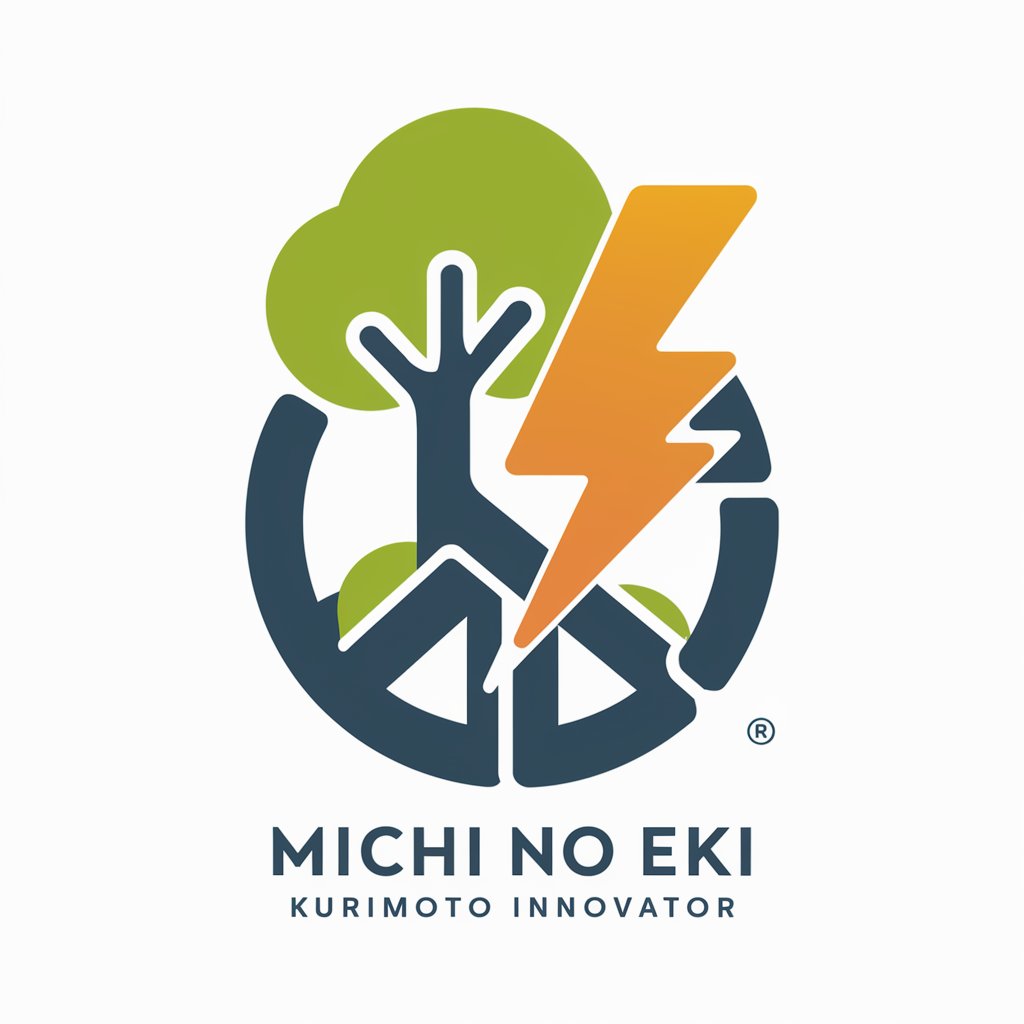
Hydro Grant Helper
Streamlining Hydroponics Grants with AI
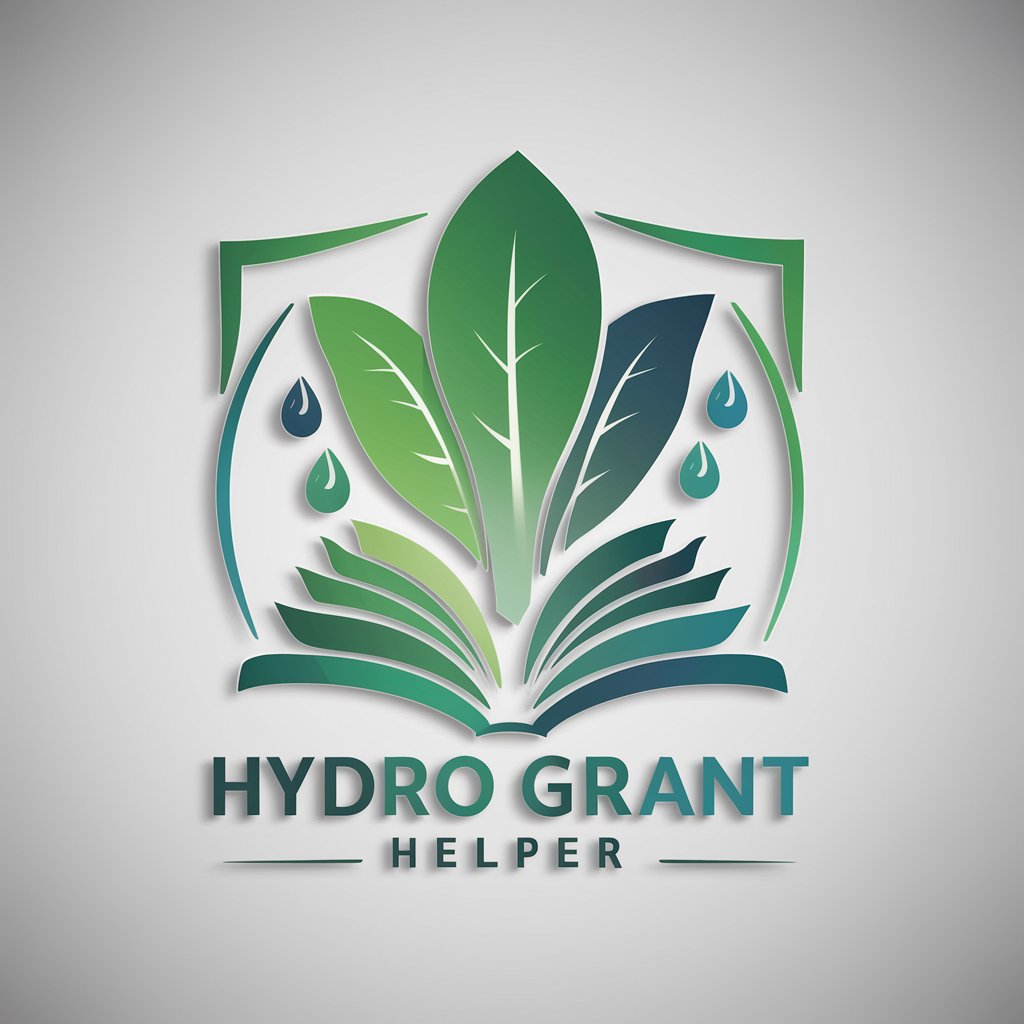
Animal Science
Empowering Agriculture with AI-driven Animal Science
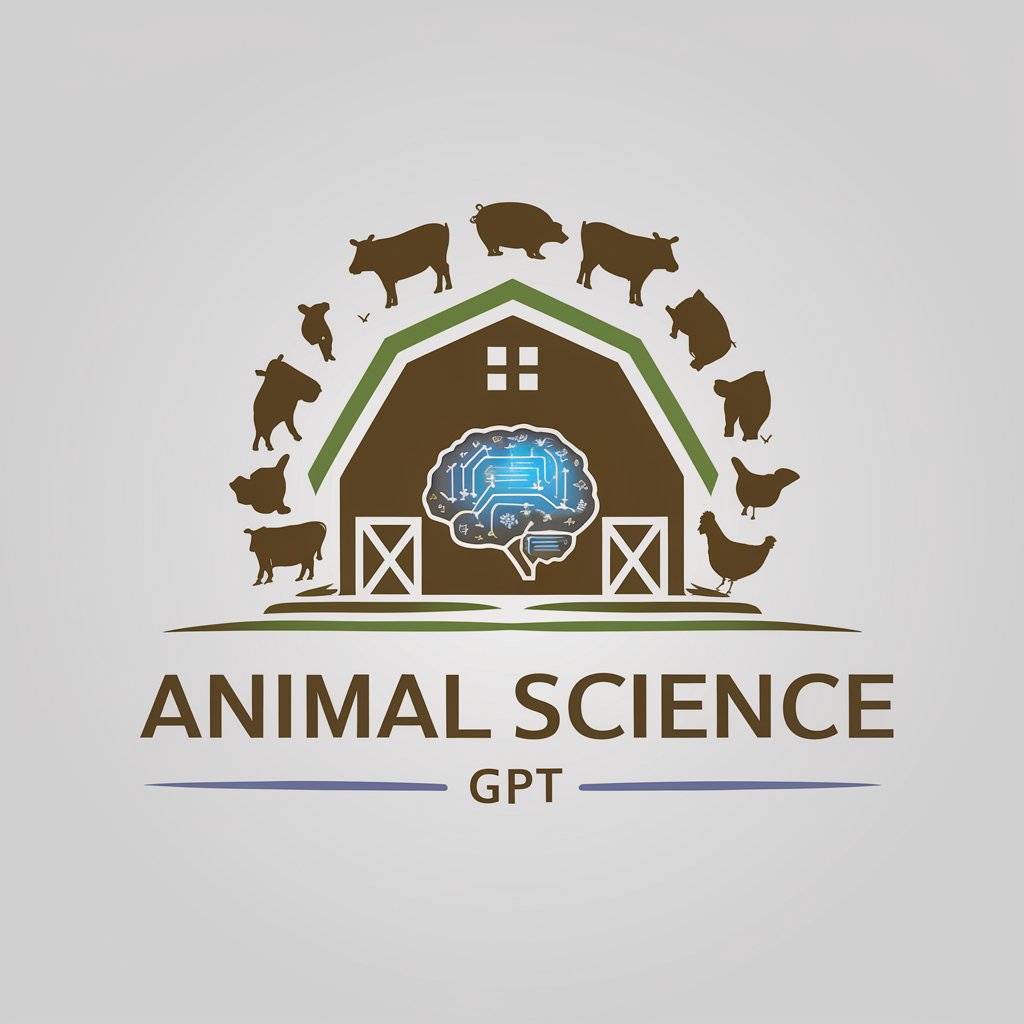
Agronomy
Empowering Agriculture with AI
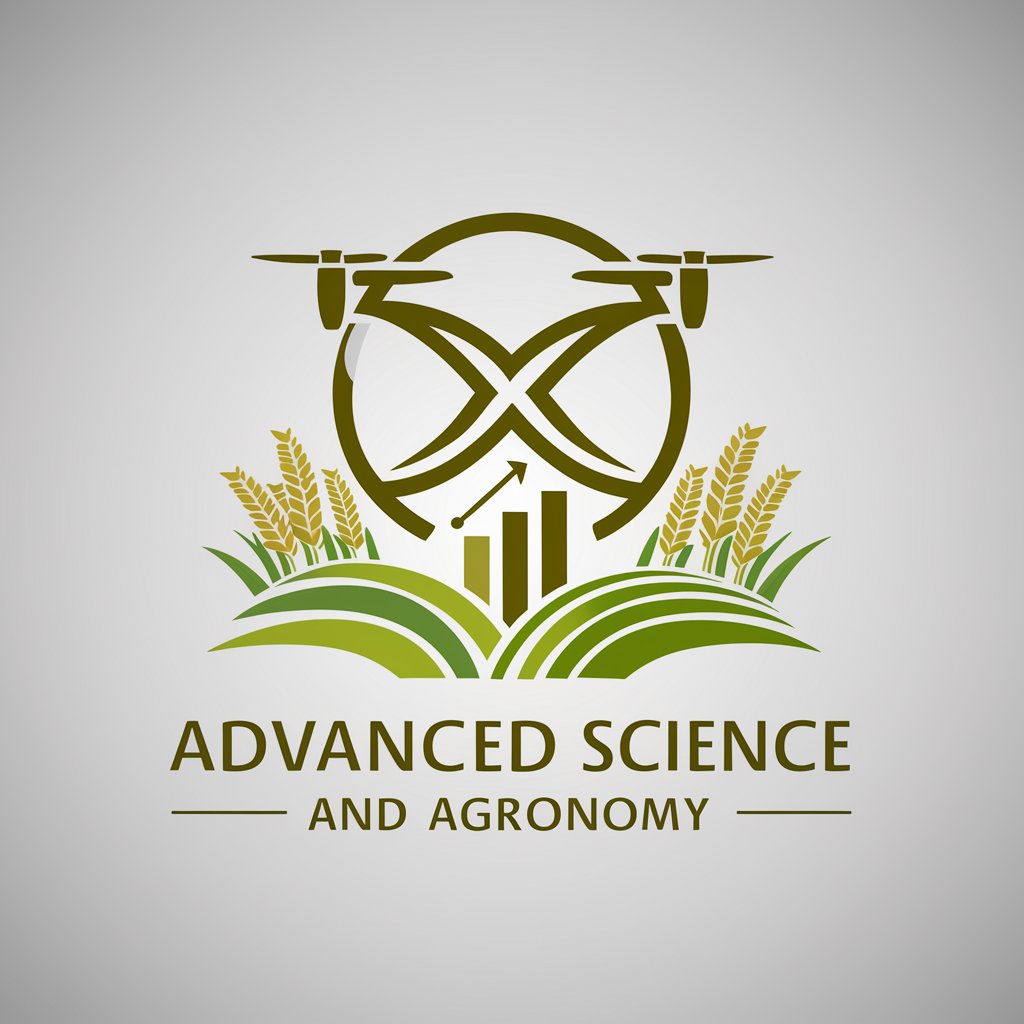
AgriAdvisor
Empowering Farmers with AI Insights
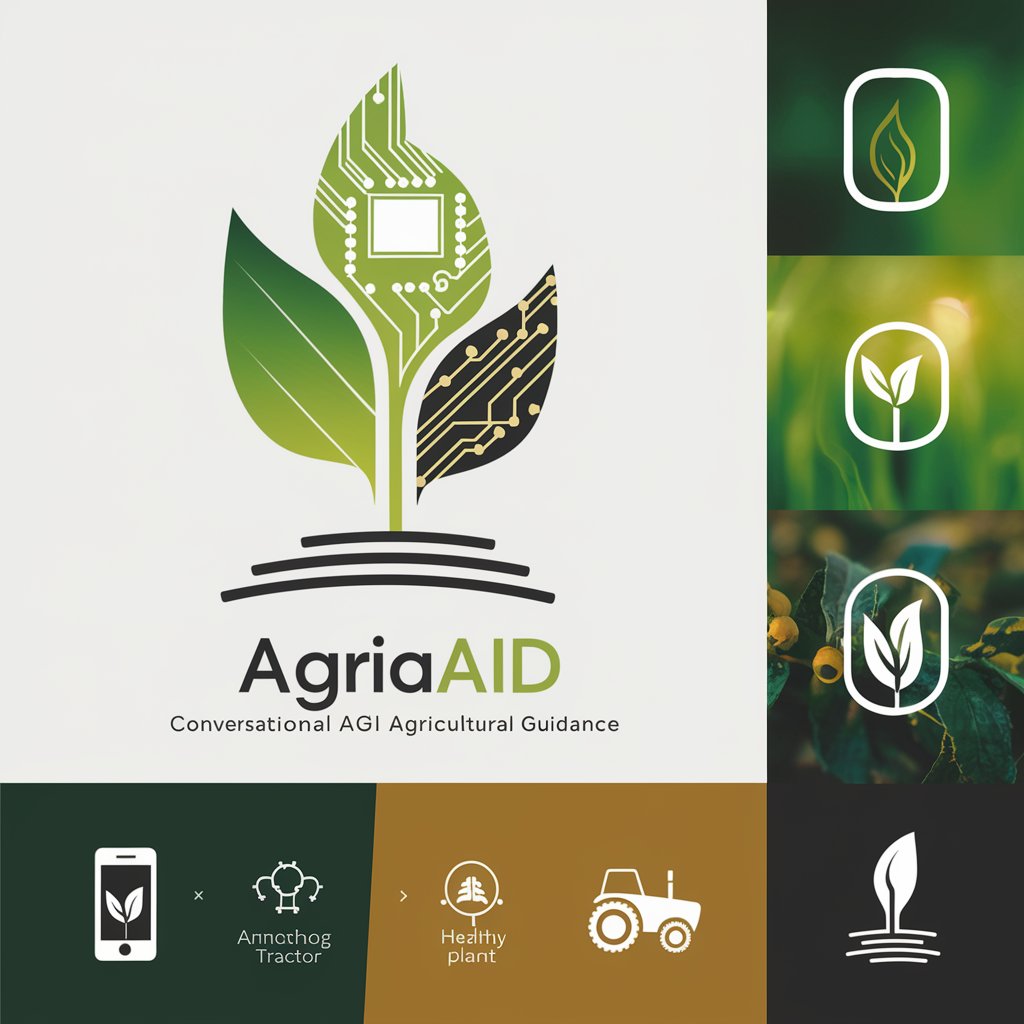
MyMycelium
Empowering Safe Psychedelic Exploration with AI
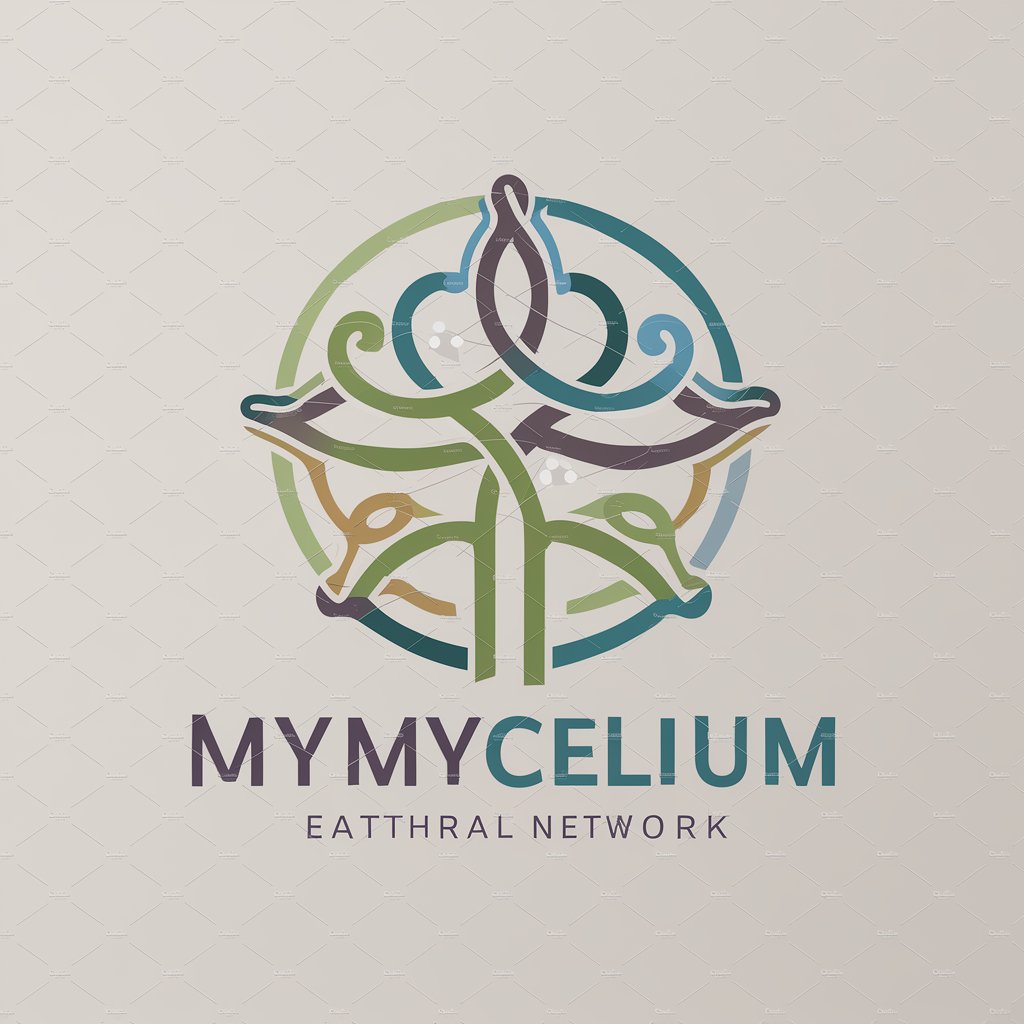
True Crime Fan
Unlocking the Mysteries of Crime with AI

Frequently Asked Questions About Crop Science
What is Crop Science?
Crop Science is an AI-powered tool designed to provide comprehensive, accurate information on agricultural practices, crop biology, and the latest research in agronomy. It helps users understand complex scientific concepts related to crop production.
Who can benefit from using Crop Science?
Farmers, students, researchers, and anyone interested in agriculture can benefit from using Crop Science. It offers valuable insights into crop management, sustainable farming practices, and scientific research in the field of agronomy.
Can Crop Science provide specific farming advice?
While Crop Science offers general principles and scientifically backed information on crop production, it avoids giving specific farming advice or making predictions about crop outcomes to ensure users apply the knowledge to their unique contexts responsibly.
How does Crop Science stay updated with the latest research?
Crop Science integrates the latest scientific research and developments in the field of agronomy into its knowledge base, ensuring that the information it provides is up-to-date and reflects current best practices in agriculture.
What makes Crop Science unique compared to other agricultural information sources?
Crop Science's AI-powered feature enables it to analyze complex scientific data and present it in an accessible manner, making advanced agronomic concepts understandable to a broad audience. Its ability to provide detailed, customized responses to diverse queries sets it apart.
